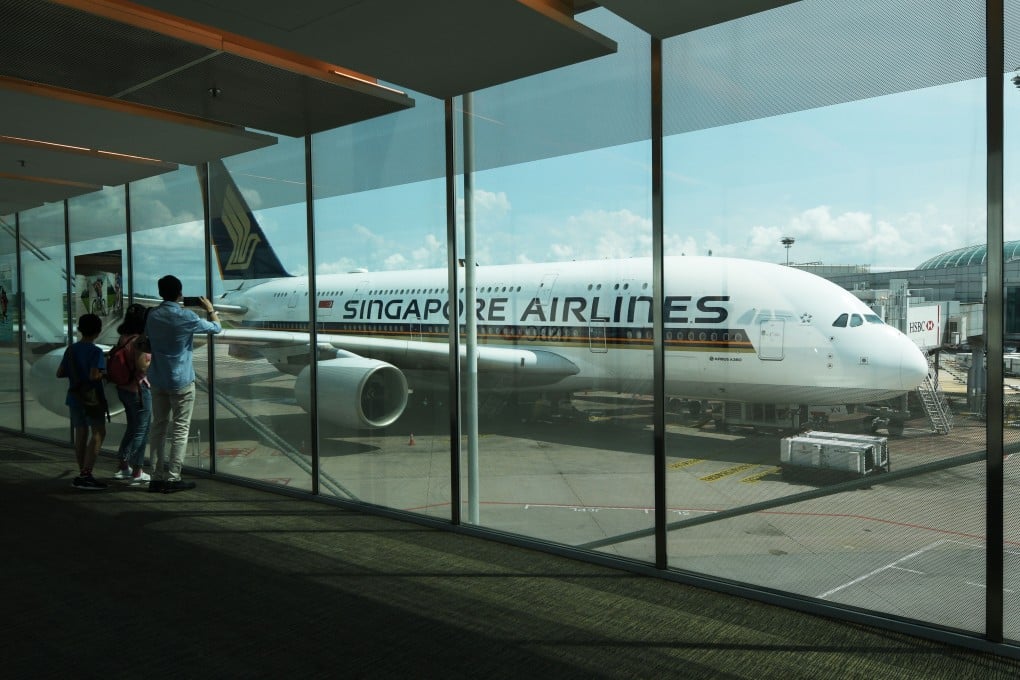Advertisement
Coronavirus: Australia aiming to create travel bubble with Singapore by July
- The deal would allow Singaporeans and Australians who had been vaccinated to travel between the countries without quarantining
- Prime Minister Lee Hsien Loong said he hoped Singapore would start reopening its borders by the end of the year
3-MIN READ3-MIN
7

Australia is “working with Singapore” to create a travel bubble between the two nations as early as July, officials said on Sunday, in an effort to restart tourism and travel put on hold by Covid-19.
Early in the pandemic Australia effectively closed its international border to slow the spread of the coronavirus, with non-citizens banned from visiting except in special circumstances.
Deputy Prime Minister Michael McCormack said Australia was “working with Singapore at the moment potentially for a bubble (beginning) in July”.
Advertisement
“As the vaccine rolls out, not only in Australia but in other countries, we will reopen more bubbles,” he told public broadcaster ABC.
The Sydney Morning Herald reported the deal would allow Singaporeans and Australians who had been vaccinated to travel between the countries without quarantining.
Advertisement
Advertisement
Select Voice
Select Speed
1.00x